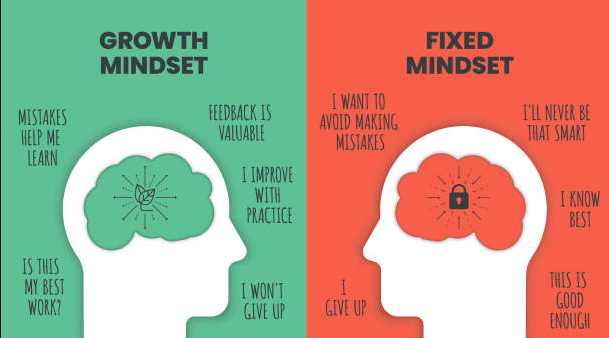
Perseverance is the continued effort to do or achieve something despite difficulties, failure, or opposition. It is often considered one of the most important traits a person can develop in life, especially in the field of education
Academic success is rarely a straight path; it is filled with challenges, setbacks, and moments of doubt. For students, the ability to persevere can make the difference between falling behind or reaching their full potential. In a world that sometimes rewards instant results, perseverance teaches students the value of steady, consistent effort and resilience in the face of failure
Facing Academic Challenges
Today’s learners face different challenges during learning and these include; academic stress, time and stress in managing time, stress resulting from balancing social/personal responsibilities and learning stress. However, regardless of the area of study, at one time or the other in the course of their learning, students are faced with a time which homework seems impossible to solve, a time which a certain assignment just seems too hard to accomplish.
Perseverance is that internal drive which keeps the students going even when the outcome is not achieved or when the work to be done feels overwhelming. It involves the mindset of learning from failure and seeing obstacles as stepping stones rather than roadblocks.

For example, when a student fails a mathematics test, he or she has two options, that is to ponder over the failure or to use it as a stimulus to work harder. The former is usually opted for those who do not give up while the latter is for those who are willing to endure. But this mindset does not just enable the students to perform better academically, it also wires them how to face failure in every aspect in their lives.
Growth Mindset and Perseverance
One of the most important psychological frameworks connected to perseverance is the "growth mindset," a term coined by psychologist Carol Dweck. The students with growth mindset embrace ideas that the abilities of learners may be developed through learning, endeavor, and tenacity. They do not view intelligence in a conventional way as a finite capacity but as capacity that is in a process of growth to a larger capacity as time goes on if the effort is made. This perspective is crucial to sustaining hope because it will make a person to believe that a given challenge is only a phase and can be overcome.

Students with a ‘fixed mindset" may agree with the notion that failure is part of ones genetics. In this way, learners are inclined to withdraw as soon as they experience some challenge since they think that success depends on ability only. Thus, when students are taught to embrace a growth mindset, they will be much more willing to doggedly work their way through a task or a project and this will be evidenced in results.
Thus, the factor of perseverance in the long run;
While natural talent and intelligence are often highlighted as essential to academic success, perseverance is the trait that enables students to fully realize their abilities. The student with the talent may not have the opportunity to show what he or she is capable of if he or she lacks the spirit to practice and push on in most endeavors while a less capable student may well exceed expectations, given the spirit to work without giving up. This is well illustrated in such areas as science, mathematics and the arts where a lot of practice and perseverance is usually required.
Also, perseverance helps develop important and essential skills in life such as the ability to manage time, to solve problems and exercise self-discipline. It is very critical in both academic and the work setting to be able to analyze a complex function into simpler work components. In a nut shell, hard work pays off in convincing one’s mind that victory is not achieved but in progress.
Building a Culture of Perseverance in Schools
It is possible to note that teachers and other elements of educational system can considerably contribute to students’ patience development. This can be attained through the setting of a culture that will compel learners to persevere through numerous trials. It helps schools to stress that failures are acceptable since they form part of the learning process and that failure is not the end but an opportunity for growth. For example, teachers can also demonstrate how they go about it by sharing with the students how they address various challenges in their professional practices. Thus, when teachers focus on the process of achieving goals more than the outcomes, this makes children appreciate the essence of hard work.

In conclusion, perseverance is a crucial key to academic success. It is the spirit that makes the student to overcome hurdles and failures in order to achieve their goals. Unlike resilience which is much broader and can be described as a personality attribute, perseverance is a skill that learners will practice beyond their learning years. As a result of their determination and resilience, not only does the content knowledge is mastered, but also build character, resilience, and a mindset that prepares them for whatever life may throw their way.
Thank you for reading




